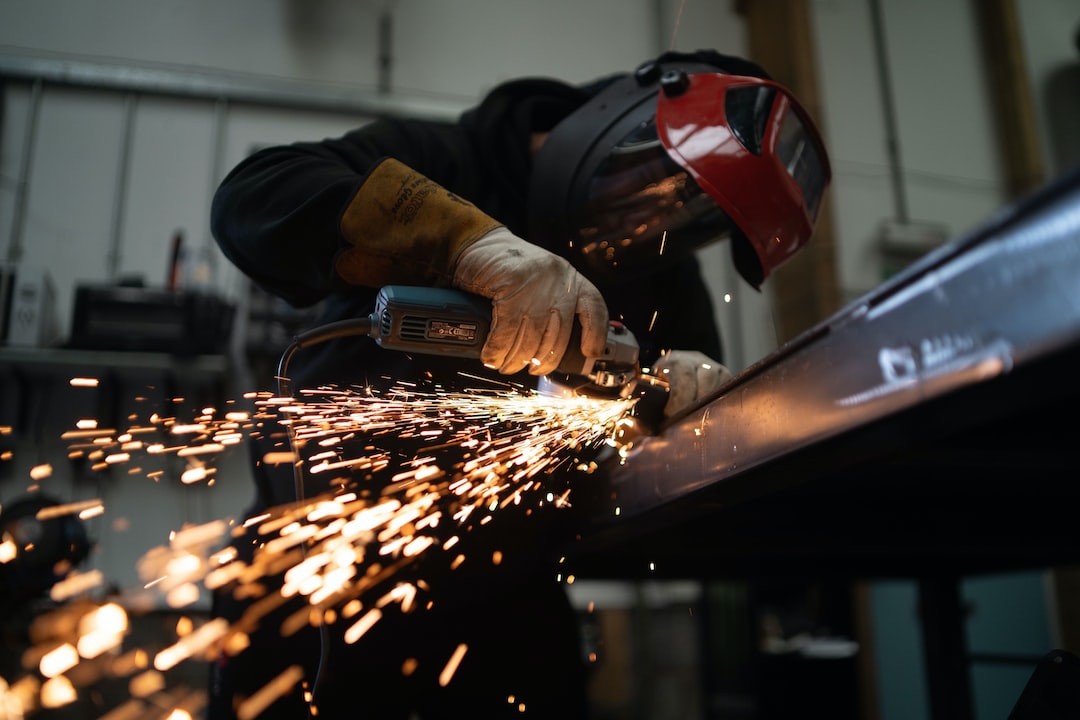How Automation Is Revolutionizing the Manufacturing Industry
Automation has become a cornerstone of the modern world. From self-driving cars to advanced robotics, it has transformed various industries, and manufacturing is no exception. Over the years, automation has revolutionized the manufacturing industry by streamlining processes, increasing efficiency, and enabling the production of higher-quality goods. This blog post will explore the various ways in which automation has impacted the manufacturing sector and its implications for the future.
One of the most significant advantages of automation in manufacturing is increased productivity. With automated systems, tasks that previously required human intervention can now be completed faster and more accurately. From assembly lines to material handling, automation has significantly sped up the production process. This not only enables manufacturers to meet growing demand but also reduces lead time and allows for faster delivery of products to the market.
Automation has also made manufacturing operations more cost-effective. By replacing manual labor with machines, manufacturers can reduce labor costs and allocate resources more efficiently. While initial setup costs for automation may be higher, the long-term benefits are undeniable. Companies can achieve economies of scale, produce goods at a lower cost per unit, and ultimately pass these savings onto consumers, making products more affordable and driving up demand.
Quality control is another area where automation has had a tremendous impact. With the help of sensors, cameras, and artificial intelligence, manufacturers can monitor and detect defects in real-time. Automated inspection systems are capable of catching even the tiniest flaws, ensuring that only high-quality products reach customers. This not only reduces waste but also enhances brand reputation and customer satisfaction.
Additionally, automation has greatly improved workplace safety in the manufacturing industry. Dangerous and labor-intensive tasks can be entrusted to robots, reducing the risk of accidents and injuries. Human workers, freed from such hazardous duties, can concentrate on more complex and creative tasks, further boosting productivity and job satisfaction. Automation is not meant to replace human workers entirely but rather to collaborate with them, creating safer and more fulfilling work environments.
Furthermore, automation has paved the way for increased customization in manufacturing. In the past, mass production was the norm as it was cost-effective. However, with automation, manufacturers can now respond to individual customer demands and produce goods tailored to specific needs. This shift towards personalized manufacturing not only enhances customer satisfaction but also provides a competitive edge in today’s market.
While the impact of automation on manufacturing has been largely positive, it also raises concerns, particularly regarding job displacement. As machines and robots take over routine tasks, some fear that human workers will be left unemployed. However, it is important to note that automation also creates new job opportunities. As businesses adopt automation, the need for skilled workers to operate, maintain, and repair these systems increases. Therefore, it is crucial for the workforce to upskill and acquire the necessary knowledge to adapt to the changing nature of work.
Looking ahead, automation is set to play an even greater role in the manufacturing industry. As technology continues to advance, machines will become more intelligent, flexible, and capable of handling intricate tasks. The Internet of Things (IoT) and Artificial Intelligence (AI) are expected to further enhance automation by enabling seamless communication between machines and systems, leading to highly efficient and interconnected manufacturing processes.
In conclusion, automation has revolutionized the manufacturing industry by increasing productivity, reducing costs, improving quality control, enhancing workplace safety, and enabling customization. While job displacement is a concern, it also presents new opportunities for workers. As automation technology continues to evolve, the manufacturing industry will become even more efficient, innovative, and adaptable, driving economic growth and improving the lives of people around the world.
